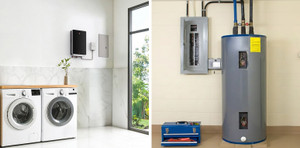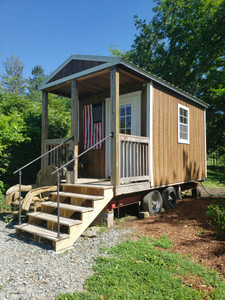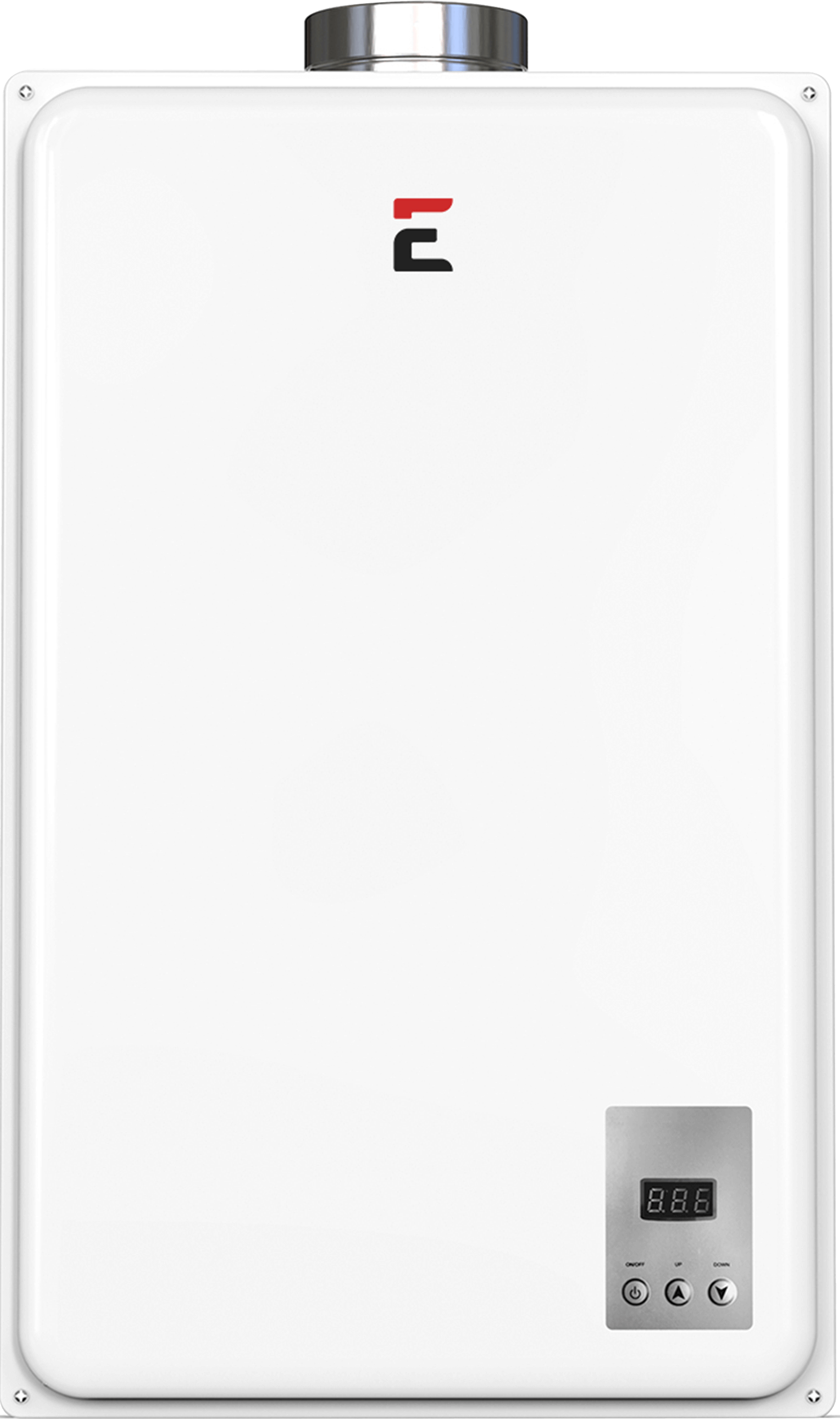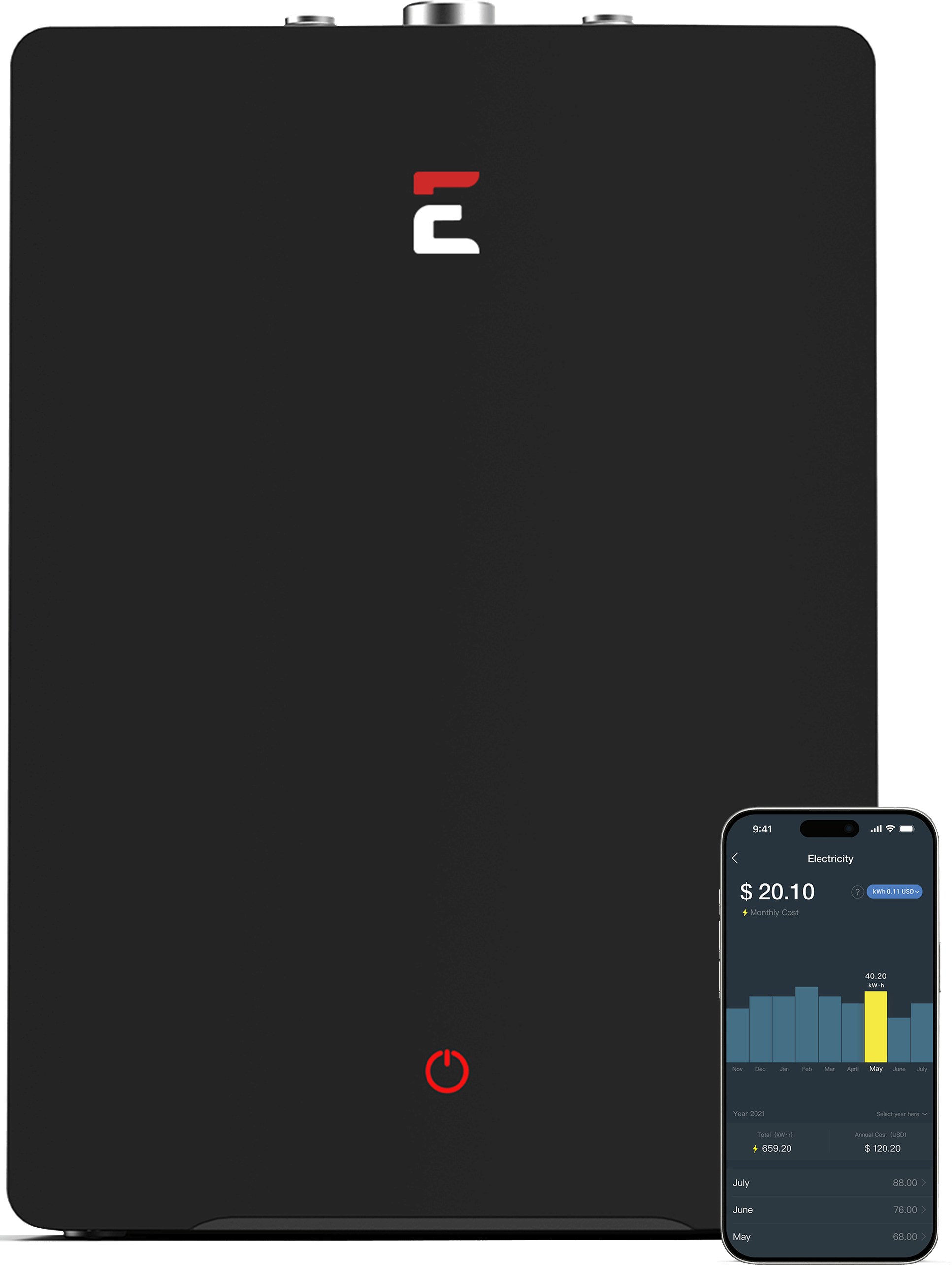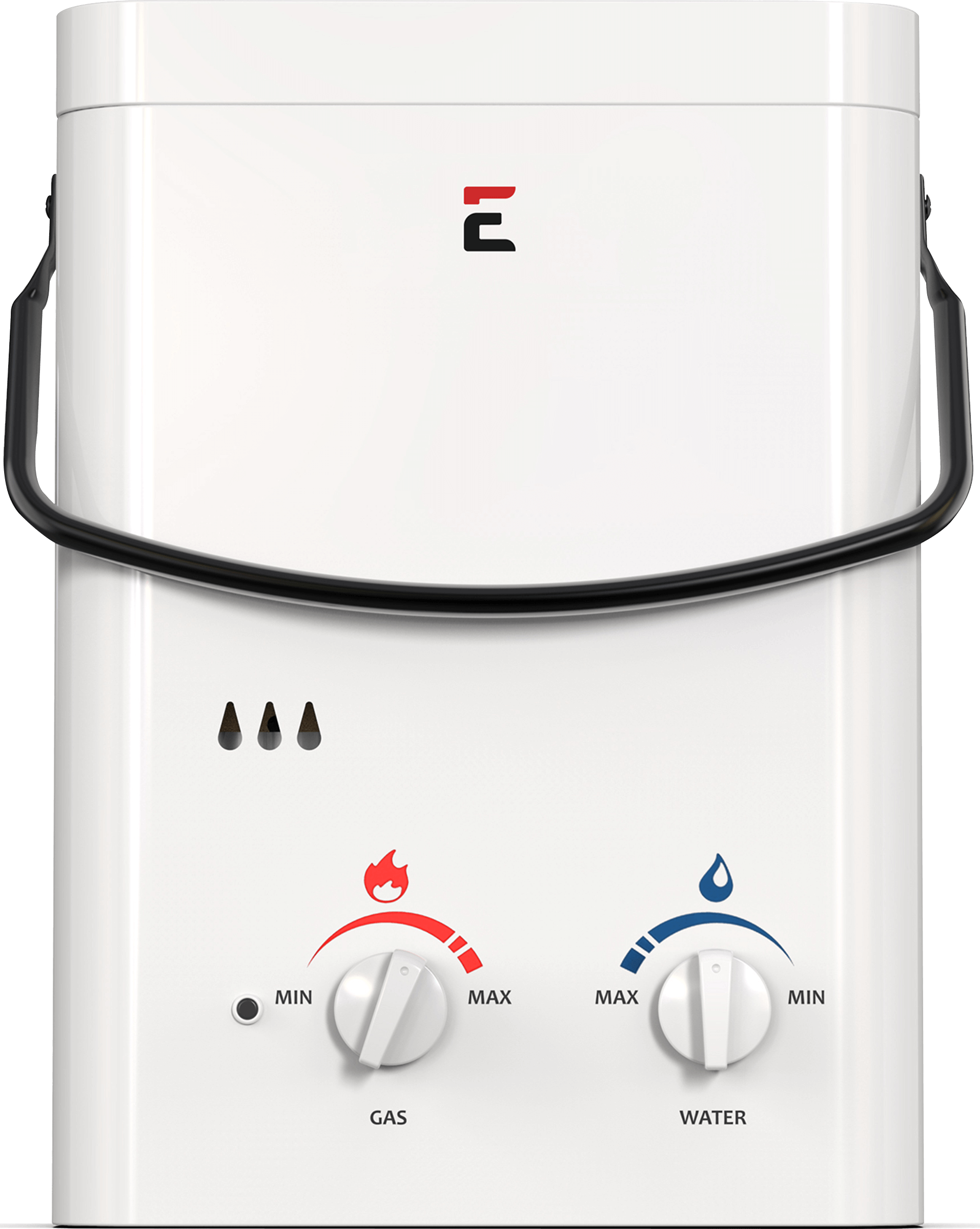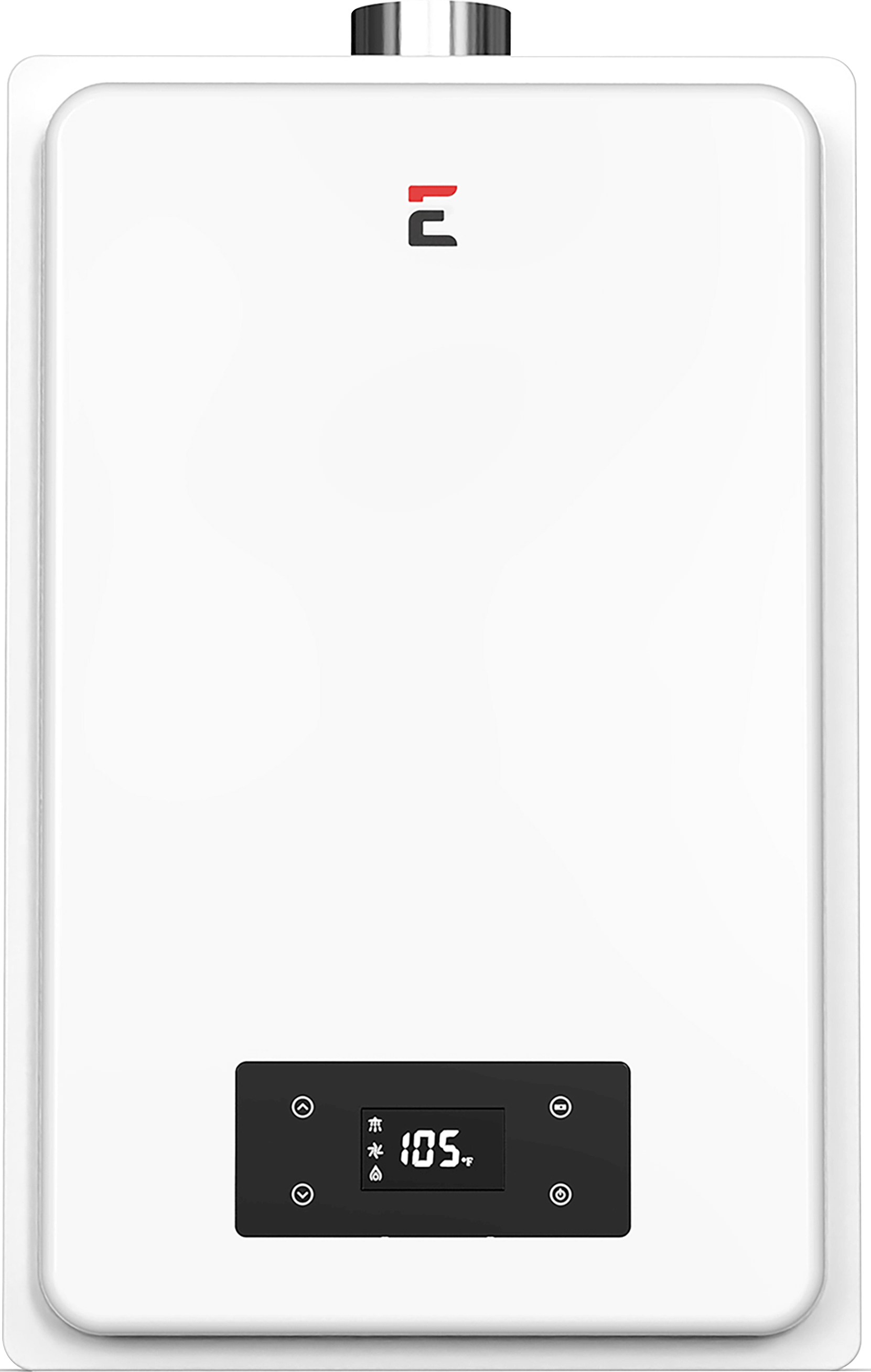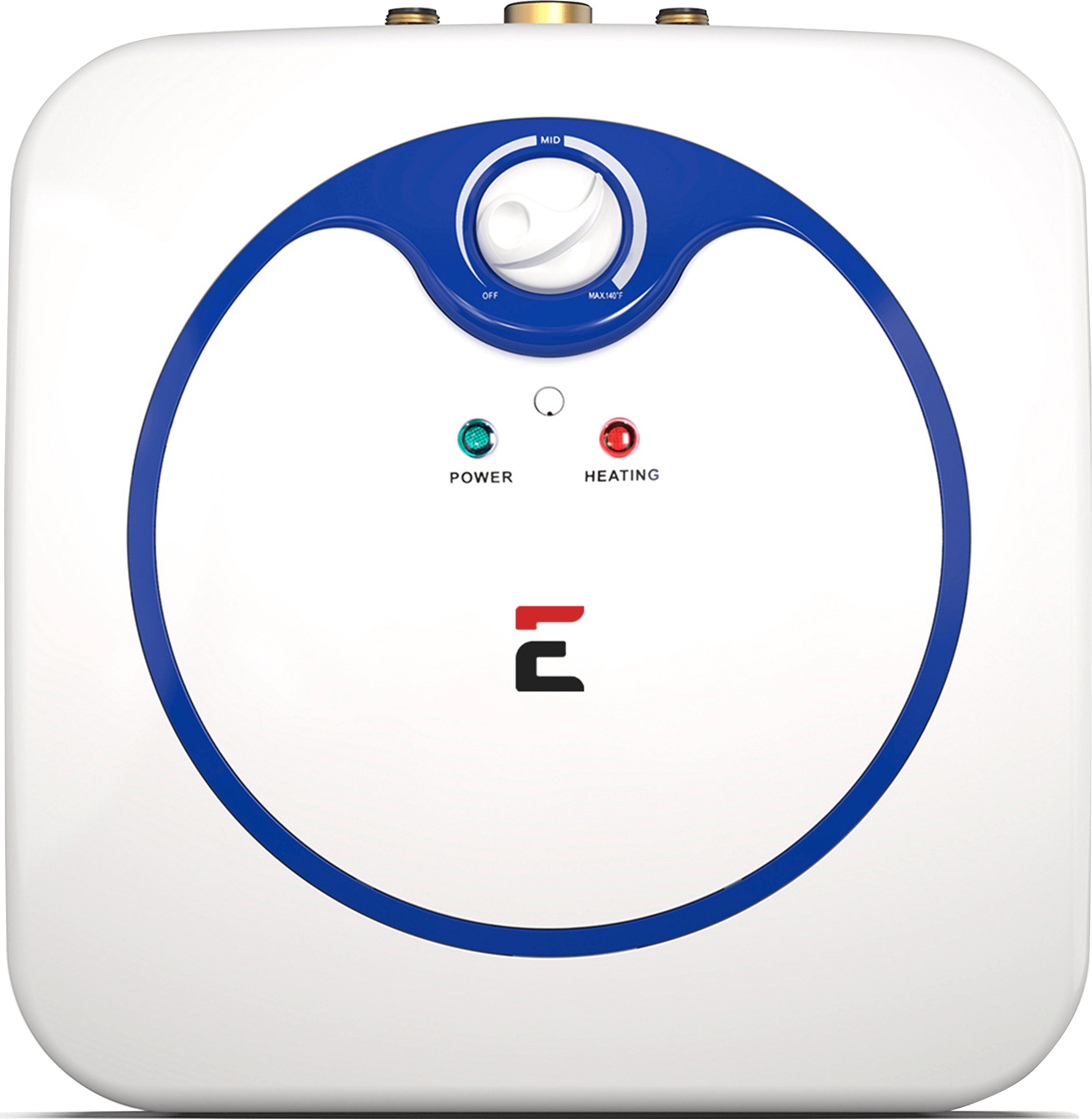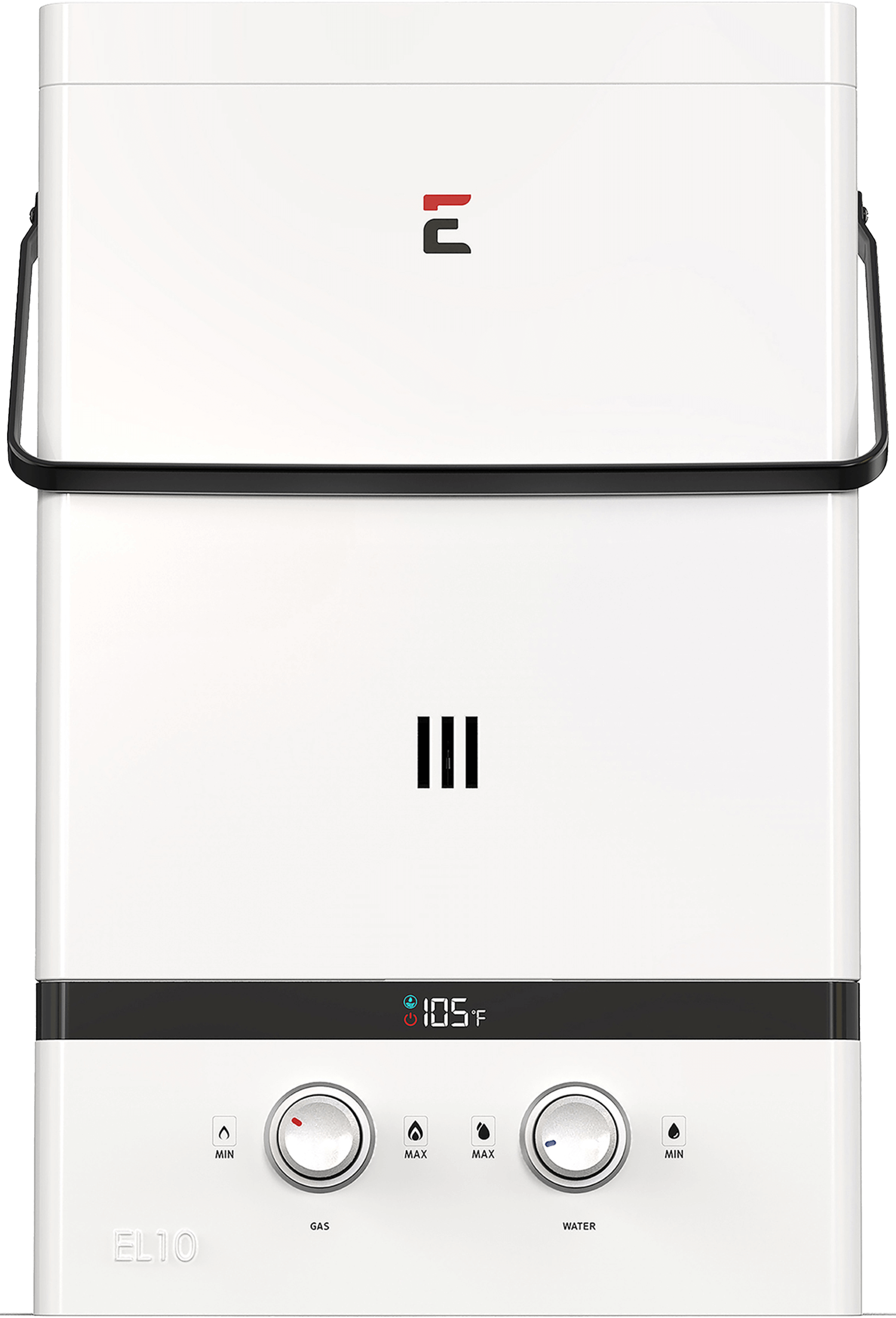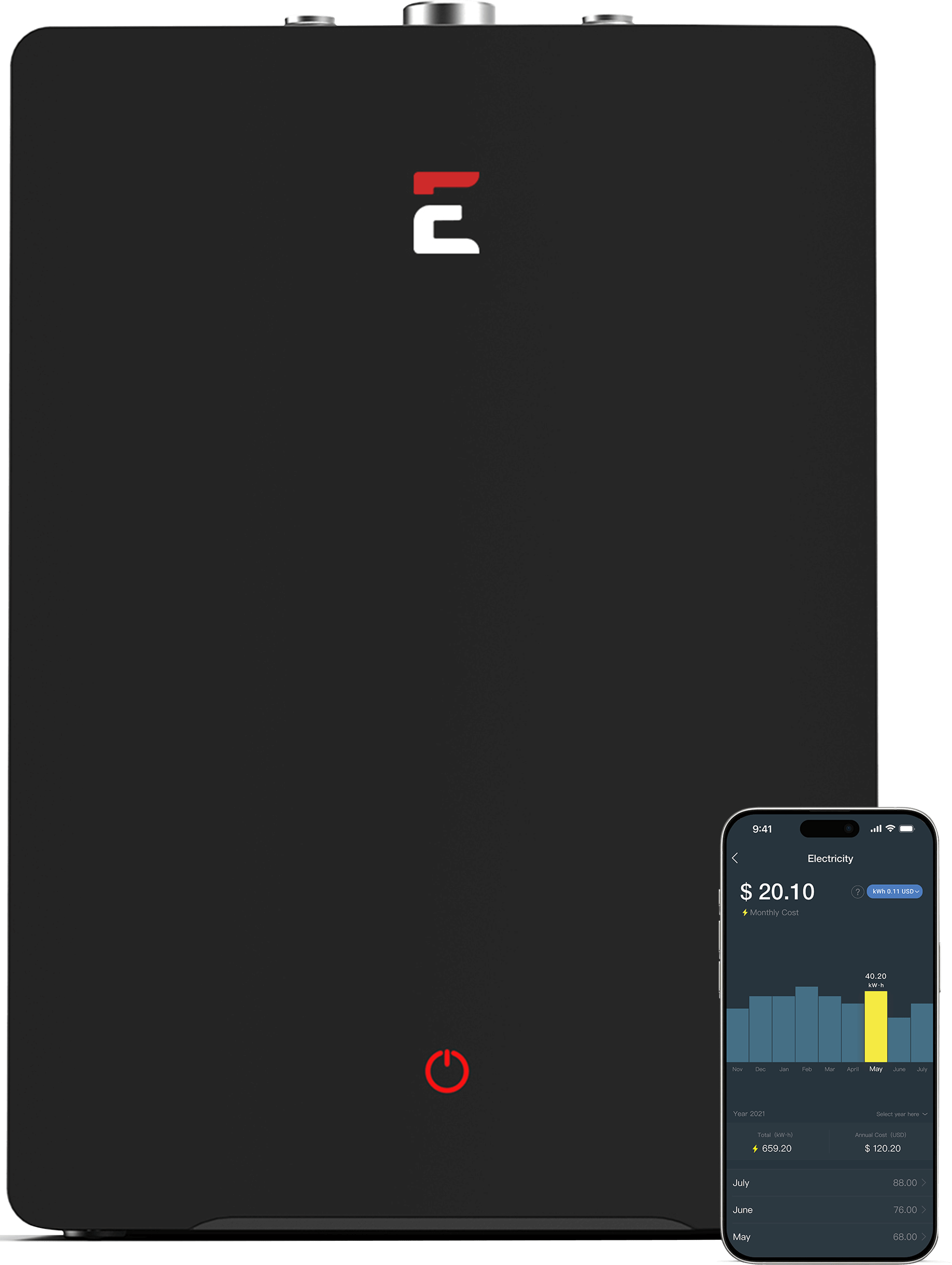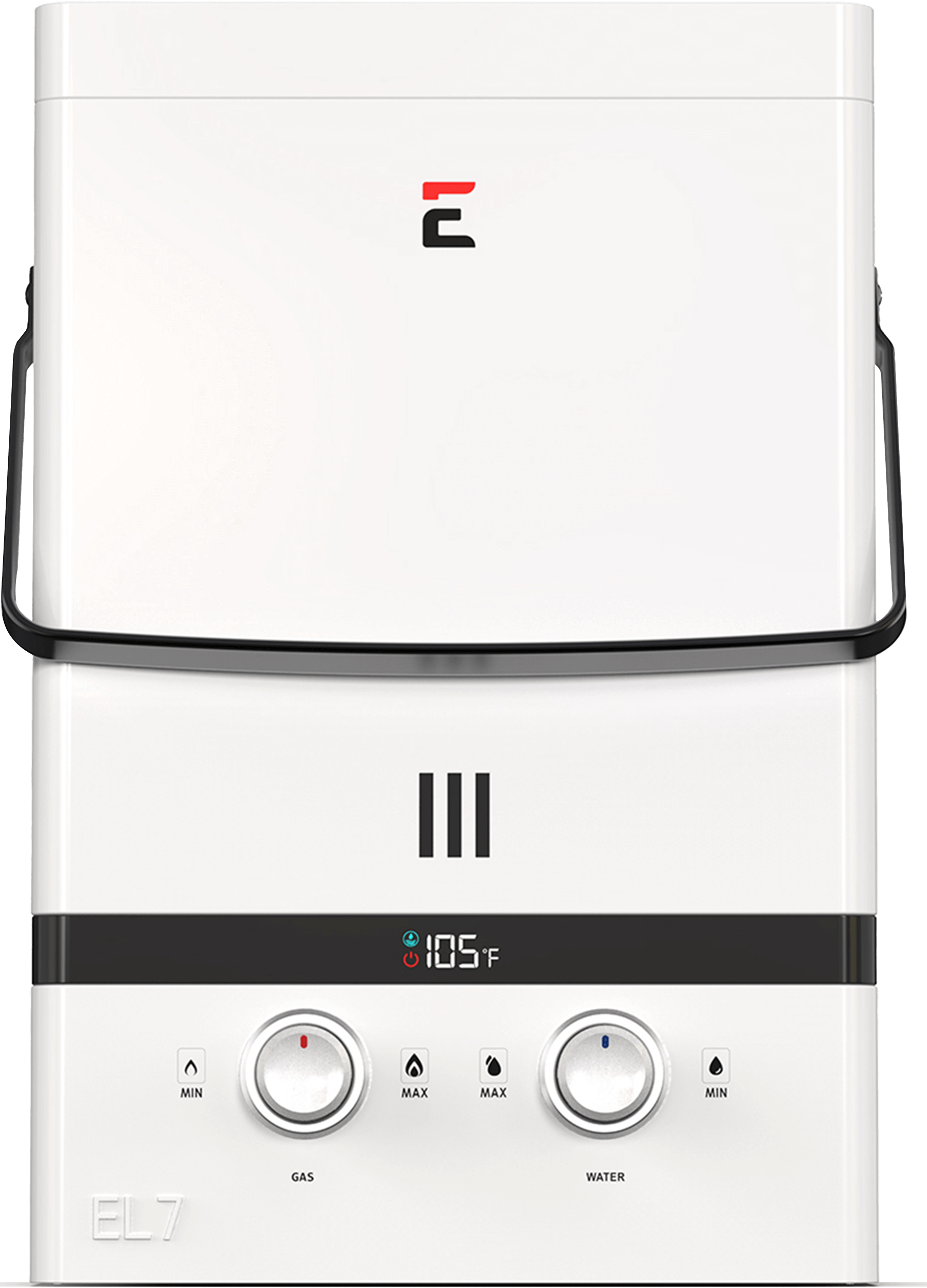The Future of Hot Water: What’s Next for Tankless Water Heating Technology
The way we use hot water is changing rapidly. With smarter homes, growing energy demands, and the push for sustainability, the water heating industry is evolving to meet modern expectations. Tankless water heater technology has already transformed how people experience on-demand hot water, but the future promises even greater efficiency, convenience, and integration. As we look ahead, innovations in hot water systems are poised to reshape households, businesses, and even outdoor lifestyles.
The Evolution of Tankless Water Heater Technology
Over the last decade, tankless water heating has advanced far beyond its early beginnings. Instead of simply providing hot water on demand, these systems are now designed with advanced controls, compact designs, and intelligent monitoring features. The water heater industry trends for 2025 indicate a continued shift toward smarter, more connected, and eco-friendly technologies. Future developments are expected to focus on customization, automation, and improved energy savings, creating advanced hot water systems that seamlessly adapt to user needs.
Smarter Connectivity in Hot Water Systems
One of the most exciting innovations in hot water systems is the integration of smart technology. Wi-Fi connectivity and mobile app control are quickly becoming standard features in new tankless heater models. This allows homeowners to adjust temperature settings, monitor usage, and receive maintenance alerts directly from their smartphones. Imagine being able to schedule hot water for your morning routine or track real-time energy consumption from anywhere in the world.
The future of water heating will lean heavily on data-driven insights. With the ability to collect performance metrics, these systems will help users optimize water and energy use. Predictive maintenance features will also prevent unexpected breakdowns by alerting users when servicing is required. This level of smart integration will ensure that hot water becomes more personalized, efficient, and reliable than ever before.
Sustainability and Energy Efficiency
As energy costs rise and environmental concerns grow, the demand for eco-friendly technology is stronger than ever. Tankless water heater technology is already known for reducing waste by heating water only when needed, but upcoming innovations will push efficiency even further. The next generation of advanced hot water systems will incorporate more precise heating mechanisms, ensuring minimal energy is wasted during operation.
In addition, many manufacturers are exploring ways to integrate water heating systems with renewable energy sources. Solar-assisted designs and hybrid systems are emerging as water heater industry trends for 2025, making hot water systems part of a broader push toward carbon reduction. By aligning with green initiatives, future water heating solutions will not only save money on utility bills but also contribute to long-term sustainability goals.
Compact and Flexible Designs
Modern lifestyles demand versatility, and tankless water heater technology is rising to meet this need. As living spaces shrink in urban areas and outdoor adventures grow in popularity, new tankless heater features will focus on portability and adaptability. Smaller, lightweight systems will make it easier to enjoy reliable hot water in apartments, tiny homes, and even off-grid locations.
The water heater industry trends 2025 show that flexibility is at the core of product design. Expect to see systems that can be easily installed in tight spaces, paired with accessories like 12V pumps for off-grid setups, or integrated into smart home hubs for seamless control. This adaptability ensures that future hot water solutions are not confined to one type of home or lifestyle but are accessible to a wide range of users.
Advanced Safety Features
As with all home technologies, safety remains a top priority. The innovations in hot water systems over the coming years will place greater emphasis on built-in safety mechanisms. Automatic shut-off features, flame failure detection, and temperature stabilization will continue to evolve, providing users with peace of mind.
The future of water heating will also introduce enhanced monitoring that can detect issues such as gas leaks, abnormal temperature fluctuations, or excessive usage. These features will not only improve safety but also prolong the lifespan of the system, creating a more reliable experience overall.
Customization for the Modern User
One of the most exciting aspects of tankless water heater technology is the growing potential for customization. Rather than offering a one-size-fits-all solution, new tankless heater features are being developed with user preferences in mind. Imagine adjusting hot water settings based on your family’s schedule, setting different temperature zones for various applications, or using voice assistants to activate heating functions.
This level of personalization is shaping the water heater industry trends 2025, giving homeowners complete control over their comfort. By tailoring hot water delivery to individual routines, advanced hot water systems can provide an unparalleled level of convenience and satisfaction.
The Role of AI and Automation
Artificial intelligence is finding its way into nearly every aspect of modern technology, and hot water systems are no exception. The future of water heating will likely include AI-powered controls that learn user behavior and adapt accordingly. For example, if your household typically showers at 7 AM, the system can pre-adjust settings to ensure water is ready at the ideal temperature, minimizing wait time and energy waste.
Automation will also play a role in predictive servicing. AI-powered diagnostics could monitor performance, detect wear, and alert technicians before a breakdown occurs. These advancements will not only enhance convenience but also extend the reliability and efficiency of hot water systems.
Outdoor and Off-Grid Applications
As more people embrace outdoor lifestyles, camping, and off-grid living, innovations in hot water systems are expanding beyond the home. Portable, propane-powered designs are already popular among adventurers, and future developments will make these systems even more versatile. Battery-powered ignition, and durable weatherproof exteriors will define the next generation of outdoor-friendly tankless heaters.
The water heater industry trends for 2025 highlight a growing interest in adaptable products that support both traditional households and adventurous lifestyles. Whether it is for a family in a city apartment or travelers exploring remote destinations, the future of water heating is designed to provide comfort anywhere.
Integration with Broader Home Ecosystems
Hot water systems are no longer standalone appliances. As smart homes become more advanced, tankless water heater technology is increasingly integrated into larger connected ecosystems. These systems can work alongside smart thermostats, energy monitoring tools, and even renewable energy sources to create a fully synchronized home experience.
The future of water heating will see even tighter integration, where advanced hot water systems are controlled by the same platforms that manage lighting, climate, and security. This interconnected approach not only makes life more convenient but also enhances efficiency across the entire household.
Water Conservation Features
Beyond saving energy, new tankless heater features are also addressing water conservation. Advanced flow control systems are being developed to reduce waste while maintaining consistent pressure. For households in regions with water scarcity, this innovation will be a significant step forward.
Expect to see future water heating solutions that track water usage and provide detailed reports to help households make more conscious choices. Combined with eco-modes that limit excessive heating, these advancements will align hot water systems with global conservation efforts.
Looking Ahead: Water Heater Industry Trends 2025 and Beyond
The water heater industry trends 2025 make it clear that the future of water heating is more connected, sustainable, and user-focused than ever before. From smart connectivity and AI integration to eco-friendly designs and advanced safety features, tankless water heater technology is evolving to meet the demands of modern living.
As advanced hot water systems become more customizable, efficient, and accessible, they will play an increasingly vital role in everyday comfort. Whether at home, on the road, or in off-grid settings, the innovations in hot water systems are set to redefine how we think about hot water for years to come.
Conclusion
The future of hot water is full of possibilities. With ongoing advancements in tankless water heater technology, we are moving toward systems that are smarter, greener, safer, and more convenient. By embracing new tankless heater features and staying ahead of water heater industry trends 2025, households and businesses alike can enjoy reliable, efficient, and sustainable hot water solutions.
As innovations in hot water systems continue to unfold, the next generation of tankless technology will not just provide comfort but also support a more energy-conscious and adaptable lifestyle. The future of water heating is here, and it is evolving to make life easier, cleaner, and more efficient for everyone.
Frequently Asked Questions
What is the future of water heating?
The future of water heating is centered on smarter, more sustainable solutions. Tankless water heater technology is evolving with features like Wi-Fi control, AI-powered automation, and integration with renewable energy to deliver efficient and eco-friendly hot water.
What new tankless heater features can we expect in 2025?
Water heater industry trends 2025 point to advanced safety features, customizable temperature settings, mobile app control, and water-saving flow systems. These innovations in hot water systems are designed to enhance convenience and reduce energy use.
How will advanced hot water systems improve energy efficiency?
Future tankless water heaters will include more precise heating mechanisms, predictive maintenance, and smart scheduling. These improvements will minimize energy waste while helping homeowners track and reduce overall consumption.
Can tankless water heaters work with renewable energy?
Yes, many manufacturers are developing designs that integrate with renewable sources such as solar power. This combination of tankless water heater technology and clean energy creates highly efficient and eco-conscious hot water solutions.
Are tankless water heater technologies suitable for small spaces or off-grid living?
Absolutely. New tankless heater features include compact, portable, and off-grid friendly designs. These advanced hot water systems are ideal for apartments, tiny homes, RVs, and even outdoor camping setups.
What role will AI play in the future of water heating?
AI will help advanced hot water systems learn user habits, predict demand, and schedule heating automatically. It will also improve reliability by detecting potential issues early and recommending maintenance before breakdowns occur.
 Weekly Deals
Weekly Deals
 Water Heaters
Water Heaters
 Accessories
Accessories
 Installation
Installation
 Parts
Parts
 Protection Plans
Protection Plans
 Final Sale
Final Sale



